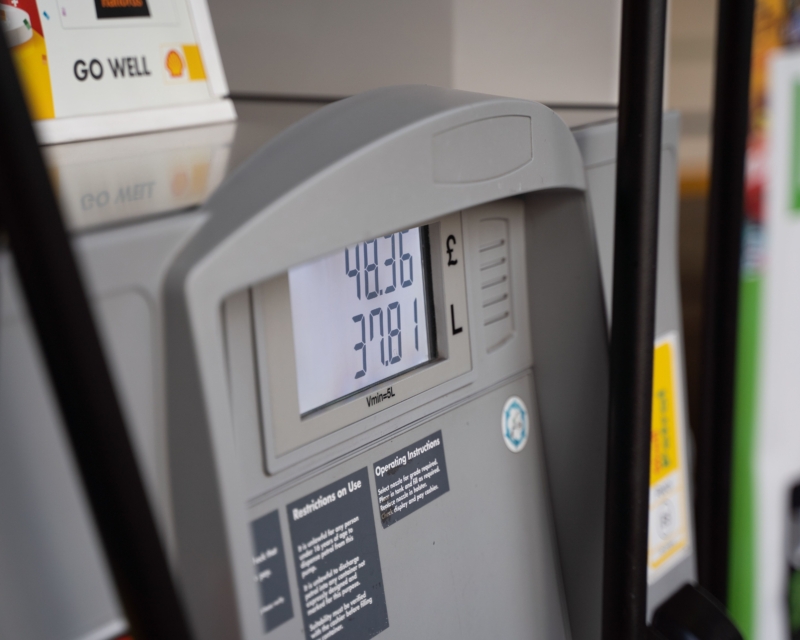Growing Economic Crisis Looms Over 2024
As the White House continues to boast about the accomplishments of President Biden’s “Bidenomics” agenda, a looming economic crisis is casting a shadow over the nation. Most worryingly, a significant economic indicator, unseen since the 1930s during the Great Depression, is flashing a warning signal that cannot be ignored.
The concern centers around the potential consequences of unchecked inflation-causing government spending. If the White House and Congress do not take immediate action to curb this trend, the outcome could be catastrophic for the American economy.
In 2020, during the height of the government-imposed lockdowns due to the COVID-19 pandemic, President Donald Trump and the Democratic-led Congress embarked on an unprecedented spending spree. Trillions of dollars were poured into the economy, the financial system, and the stock market, all funded by debt and money printing.
These historically high levels of money creation were a result of policies set by the Federal Reserve, which encouraged Congress to continue spending despite warnings from economists about the potential for future inflation.
When President Biden took office in January 2021, there were hopes that the economic crisis brought on by the pandemic would subside. With the development of COVID-19 vaccines and states reopening their economies, a return to normalcy seemed plausible. However, rather than reducing spending to pre-pandemic levels, Biden and congressional Democrats, with the Federal Reserve’s approval, opted to maintain elevated government expenditures.
This decision, combined with the Federal Reserve’s decision to keep interest rates low and global geopolitical tensions, led to inflation soaring to levels not seen in four decades. Prices for everyday essentials, from groceries to gasoline, skyrocketed, burdening American households.
To combat runaway inflation, the Federal Reserve began aggressively raising interest rates in 2022, a policy that has continued into 2023. Meanwhile, the Biden administration and Congress continued to spend significantly more than pre-pandemic levels, exacerbating the problem.
As a result, while inflation rates have decreased somewhat, prices remain substantially higher than they were before the pandemic. Strikingly, the money supply—the amount of cash, checkable deposits, and bank savings accounts—has significantly decreased, adding to the financial strain on American families. The latest economic data reveals that the annual M2 money supply growth rate has been negative for three consecutive quarters, a situation not witnessed since the 1930s during the Great Depression.
What sets the current scenario apart from the 1930s is that, back then, negative money supply growth was accompanied by falling prices. In our present situation, prices continue to rise despite the collapse in the money supply, a phenomenon never observed before.
The reduced availability of money, resulting from the Federal Reserve’s policies and the Biden administration’s inflationary spending, has created a dire situation for American families. Many are depleting their savings and accumulating debt to cover basic living expenses such as food, utilities, and housing. Federal Reserve survey data indicates that the bottom 80% of income earners, representing the majority of Americans, now have less real household savings than they did before the pandemic. Even top earners are expected to see their savings dip below pre-2020 levels in the coming year.
This combination of rising prices, increased government spending and debt, and dwindling household savings paints a grim picture of what “Bidenomics” has delivered.
Currently, Congress and the Biden administration are embroiled in a spending battle, with the looming threat of a temporary government shutdown. The time to reduce spending and restore fiscal responsibility in Washington, D.C., is now, before it’s too late.
The U.S. economy is standing on shaky ground. If prices and inflation do not recede soon, a scenario that can only be achieved by reducing government spending, the nation may soon find itself in another severe economic crisis.
If that unfortunate eventuality transpires, it’s crucial that Americans remember who bears the responsibility.






